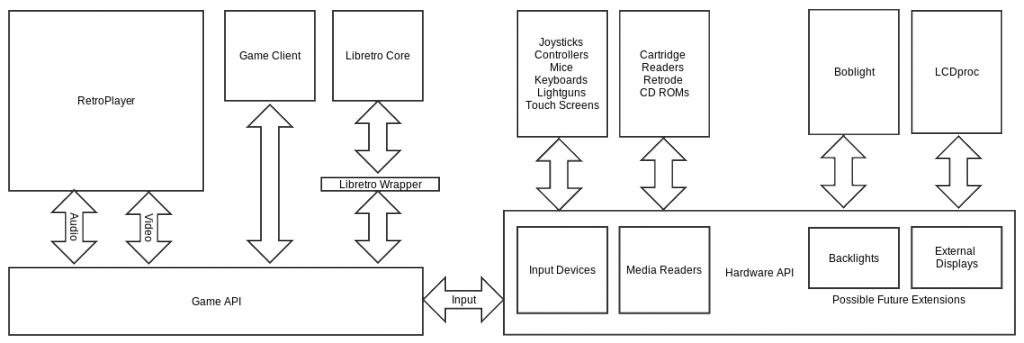By the way, I read by a couple of people that claim gplv3 and v2 are compatible.
Please read
https://www.gnu.org/licenses/gpl-faq.htm...patibility
Its clearly states it is not.
However stating "GPL “version 2 or later" on the relevant parts for the gplv2 program that contains 3rd party libs which are gplv3, seems to cure the issues with licenses and distribution of said code. Provide that upon distribution or conveyance that each are distributed in accordance with their versions. Or so it seems.
I point to any Ubuntu OS as perfect example of coexistence in harmony and in accordance to each license type, Where its one license under one license (because their code is and contains a gazillions different libraries that in a whole are part of the the OS and without some it would have specified functionality. They clarify with
http://www.ubuntu.com/about/about-ubuntu/licensing
Kodi is a much smaller project in comparison, and imo its development present and future shouldn’t be restricted by what some Hardware vendors prefer or by confusion, or by license versions.
Also the main license for kodi
https://github.com/xbmc/xbmc/blob/master/LICENSE.GPL#L3 should specify "GPLv2 or later" if it contains/distributes source/binaries for any 3rd party libs that are gplv3
I see no issues with kodi code being gplv2, including parts of its source where it makes it work with 3rd party libs that for e.g would be gplv3 and coexisting perfectly alight in accordance with both licensing without requiring any impromptu license upgrades.
I researched and corresponded with FSF and discussed this for a much smaller project which conforms perfectly with both. The GPL faq is a great source of clear and concise information for instance.


